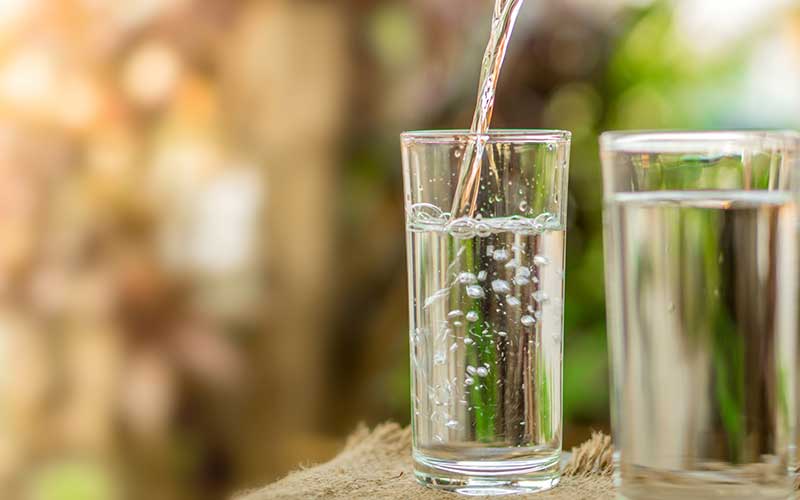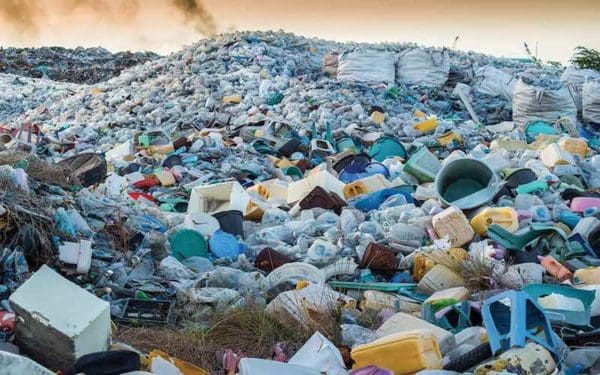
In New England, the water we drink has been tainted by toxic "forever chemicals" but more states are taking action to combat the problem. Photo: Shuttersstock
New England’s drinking water is under threat from dangerous chemicals. Toxic per- and poly-fluoroalkyl substances, otherwise known as PFAS or “forever chemicals,” infiltrate water because they are widely used in consumer, commercial, and industrial products – from food containers to outdoor gear to personal care items.
Across New England, communities in every state have discovered PFAS in their drinking water. In New Hampshire alone, the City of Portsmouth shut down a public drinking water well after finding high levels of PFAS in 2016, and communities in Merrimack, Dover, Rochester, and Hampton have grappled with the problem, too.
Studies show that PFAS can cause cardiovascular, immunological, developmental, and reproductive disorders. They may cause growth and behavioral problems in children and kidney and testicular cancer in adults.
Nevertheless, these chemicals now pervade everything around us. They have been detected in air, soil, fish, clouds, snow samples taken from Mount Everest, and human blood. No medical interventions will remove them from the body.
CLF in Action
This year, Vermont, Rhode Island, and New Hampshire passed similar measures to phase out the use of forever chemicals in consumer products. While the exact list of products differs slightly from state to state, these laws are critical steps forward in eliminating this dangerous threat to human health.
Next Steps
With people’s health at risk and knowing that these chemicals build up in the environment and in our bodies over time, a much more restrictive approach to PFAS at the state and federal levels is not only warranted but necessary. That’s why CLF will continue to press forward on getting these dangerous chemicals out of our lives.
No one should be exposed to the hazards of dangerous forever chemicals as they drink a glass of water, eat a meal, or don a raincoat.
CLF is working to end exposure to these dangerous chemicals. We have successfully pushed several New England states – including Massachusetts, Maine, and Rhode Island – to set strict limits on PFAS in drinking water.
We have also pressed landfill operators – including Vermont’s Coventry landfill – to implement measures to remove PFAS from their leachate, the toxic liquid that forms when rain or snow seeps through buried trash. Currently, landfill operators send untreated leachate to wastewater treatment plants, which lack the technology to treat for these chemicals. As a result, a PFAS-laden toxic stew is continuously dumped back into our waters. (See Around CLF on page x for our work on this issue in Manchester, New Hampshire.)
Progress
These measures are not enough, however. The only way to stop the endless flow of PFAS into our drinking water is to eliminate their use at the source. That’s why CLF is working with our partners to pass laws banning the sale of consumer products with intentionally added PFAS.
Maine became the first New England state to take such action in 2021. Its law will ban from 2026 the sale of certain products – cookware, cosmetics, menstrual products, and dental floss, among others – made with PFAS and will expand to additional products in future years.



